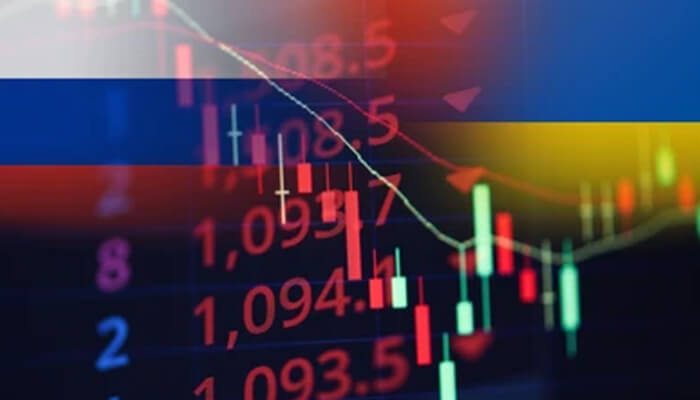Notwithstanding the turmoil brought on by the Russia-Ukraine war, global trade increased more than anticipated last year because severely affected nations were able to swap suppliers or products, according to the World Trade Organization (WTO) on Thursday.
The organization that monitors international trade had predicted barely 3% increase for 2022 due to the conflict’s significant impediments to exports of goods like wheat and petroleum. Global trade, according to WTO Chief Economist Ralph Ossa, has “held up well,” according to the organization’s most recent examination of the effects of the war on trade.
The worst scenarios predicted at the start of the war have not materialised, he added in a statement. The WTO said the data would indeed be accessible in April but did not provide the figure for the previous year.
Ossa stated that the resilience of world trade was due to WTO members’ prudent use of export controls. The fact that the global trading system remained operational, he said, “is part of the rationale (for the modest impact).
According to the WTO report, some nations that were previously reliant on purchases from Ukraine switched from one food item to another, such as from rice to wheat. Others sought substitute suppliers, such as Egypt, which imported wheat from the United States, the European Union, and Russia in place of Ukrainian wheat.
According to the data, Ukraine’s exports overall fell by 30% in value last year.
The WTO reported that within the same time frame, Russia’s exports climbed by 15.6% as a result of higher prices for food, fertiliser, and gasoline. The study did state that its total export volumes “may have somewhat decreased.”
Russian exports to America and the U.k have decreased as a result of Western sanctions against Russia over its invasion of Ukraine, while they have increased to China and India, according to Ossa. Generally, the pattern of adjustments and sanctions are constant, he claimed.
Bottom Line
World GDP and trade growth might be decreased by up to 1.3 and 2.2 basis points, respectively, according to simulations from the WTO Global Trade Model, with effects primarily felt in Europe and Africa.
This article also demonstrates that serious income losses would result, particularly for emerging and developing economies, if the war were to cause the world economy to break up into distinct blocs. This demonstrates the value of the international trading system based on rules, not least because of WTO performs tasks that can lessen the effects of the crisis.



